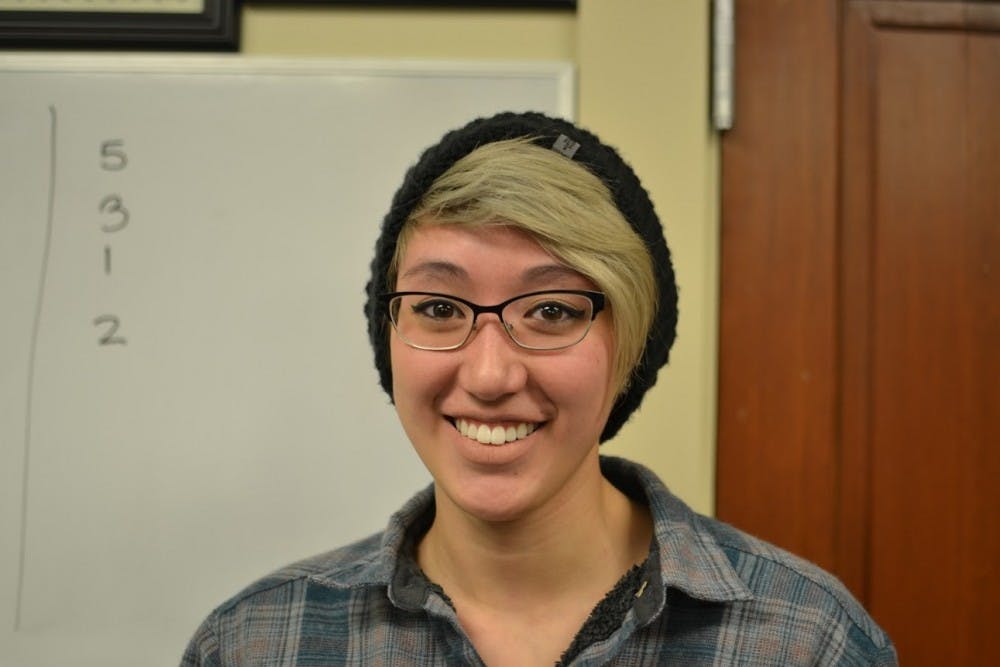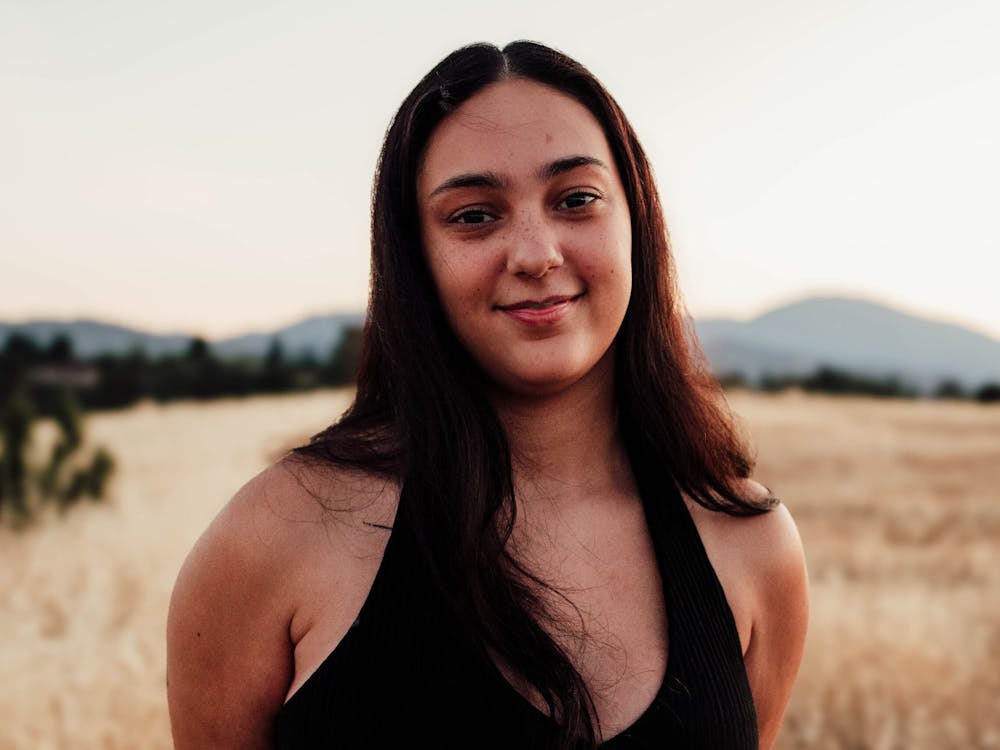By Rebekah Markillie |
I couldn’t have been more than seven or eight years old, on the way to the park with my dad, when a neighborhood kid asked me if I was adopted. That was the first time someone had brought to my attention the disparity between my complexion and the one of my so-called biological father’s. Another time more recently, when my mother tried introducing me as her daughter to another woman, she paused for a moment, looked at me and laughed, “You’re not her daughter!”
We hear it all the time that race can’t be divided into nice boxes to check. But this is rarely the reality. In many well-meaning discussions about racial inclusion and racial diversity, mixed race identities are completely left out. I’ve been told countless times that I can’t talk about racial discrimination, or Asian racial issues, because I’m not brown or Asian.
People who are mixed race always end up somewhere in between. According to Pew Research Center, 6.9 percent of American adults are neither white enough, brown enough or black enough. We don’t have a cultural or racial identity, because we identify with aspects of several.
This lack of identity manifests itself in many harmful ways.
“White passing” is considered a form of white privilege because it means being able to navigate through life without having to worry about the stereotypes associated with darker colored skin. But white passing is also a form of erasure. White passing removes all cultural heritage associated with a non-white or mixed race person. This means that when I pass as white, I lose my — and my mom’s — entire South East Asian heritage.
And on the opposite side, mixed race people are constantly misidentified. I’ve been mistaken as white, Filipino, Chinese and even Mexican. Racial stereotypes are powerful; this misidentification means that people don’t know how they’re supposed to treat me because I don’t fit into their binary racial system.
As racial inclusion discussions at UP continue, please keep in mind the less obvious and more nuanced aspects of racial diversity. Multiracial people also have unique perspectives and experiences that should be vocalized, not silenced.
Rebekah Markillie is a junior communications major and can be reached at markilli17@up.edu.








